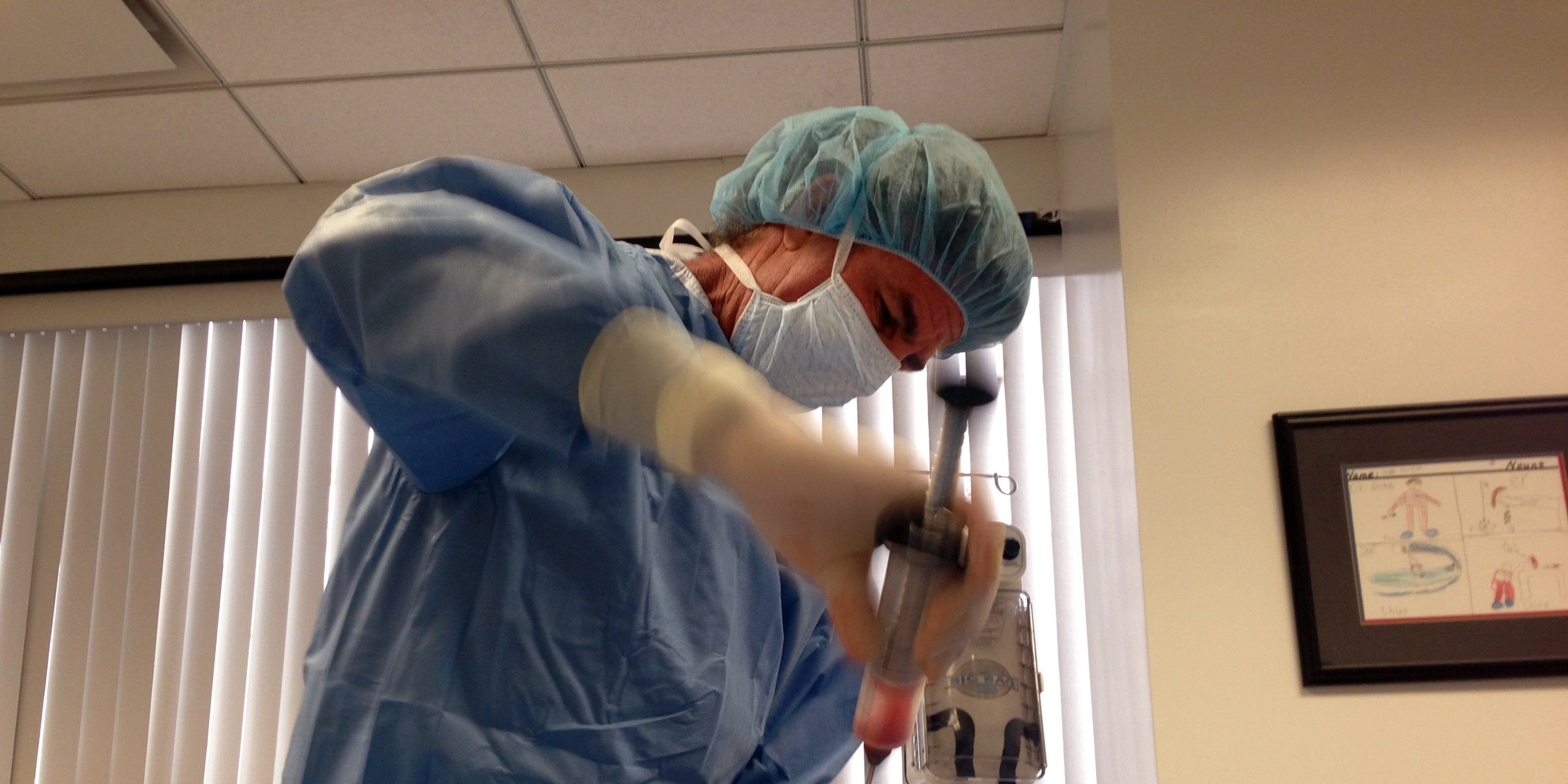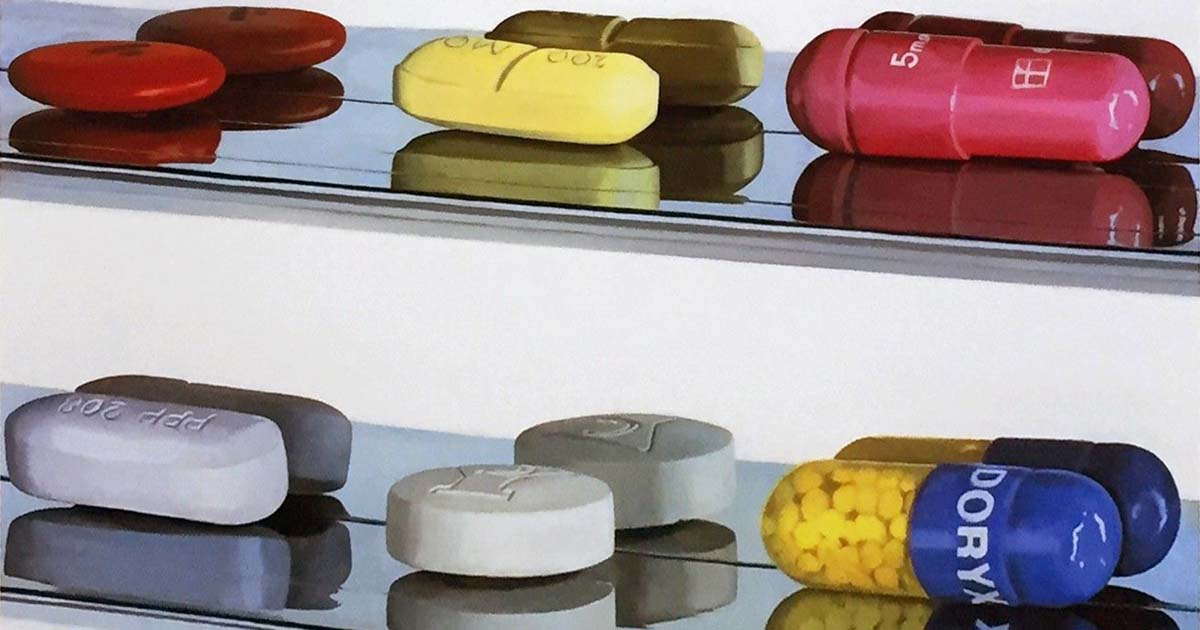It seems that opposition against anti-aging medicine may be slowly starting to crumble. For example, Lifespan.io’s current crowdfunding campaign is going extremely well, and journalists begin to talk about senolytics in positive terms, without any predictions of doom and gloom resulting from these upcoming drugs. Make no mistake—the pro-aging trance is still alive and well; for each journalist who puts time and effort into actually understanding senolytics and the health benefits that they are expected to bring to older people, there’s probably five who show little to no knowledge of the subject and rage against unspecified “immortality” technology and related impending catastrophes. This should tell us something about the kind of understanding they have of what they criticize—or how badly they need a clickbait piece to bring in visitors.
Today, the pro-aging trance is something that only rejuvenation advocates are aware of and battle against, but maybe, fifty years from now, it will be an interesting phenomenon of the past for psychologists to figure out. Maybe, on the YouTube of 2068, there will be videos making fun of it in pretty much the same way that some people today make fun of the old belief that hysteria was caused by stray uteruses wandering around women’s bodies.
The pro-aging trance is rather interesting indeed, as people who are subject to it tend to commit fallacies that they would never commit in other contexts. A very good example of this is the objection to inequality of access: this reasoning assumes that rejuvenation would not be available to everyone who needs it, for economical, political, or whatever reasons; understandably, this is perceived as a profound injustice, which pushes a fair number of people to make a leap and conclude that the best way to avoid this injustice is to never develop rejuvenation to begin with.






